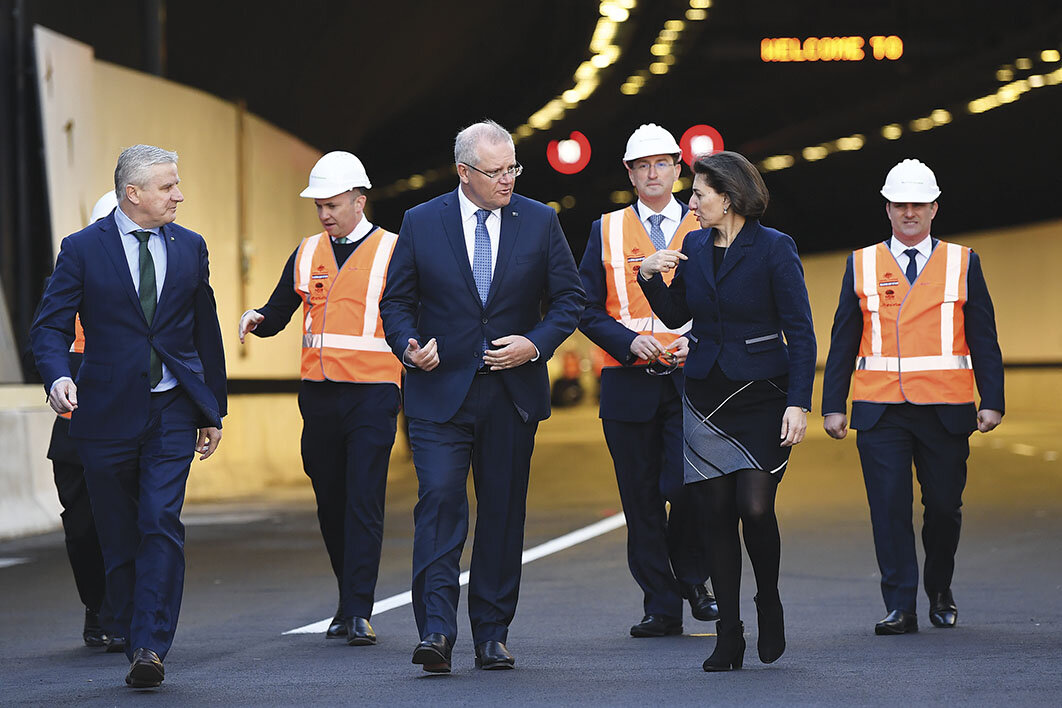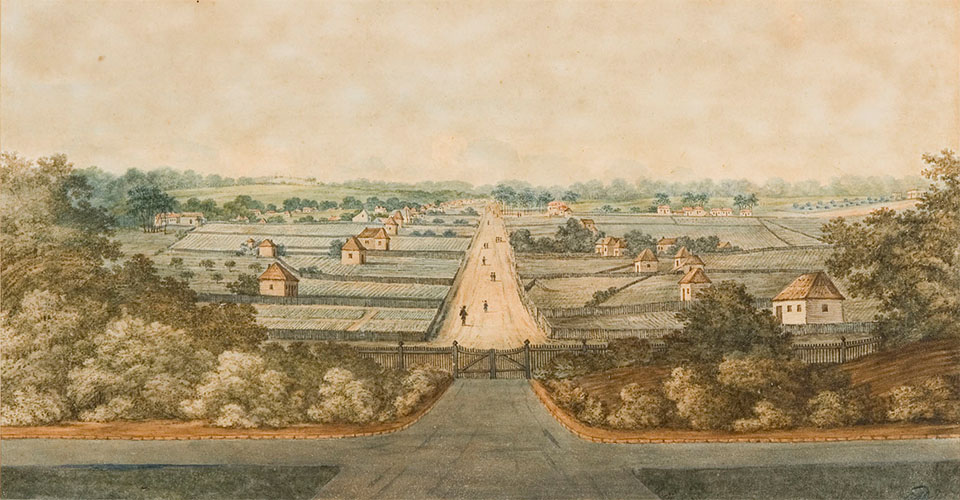We tend to think of “innovation precincts” as hubs for technology and knowledge workers, like the Australian Technology Park in Sydney. But cities need innovation in the very nature of building — especially in managing construction waste and using materials efficiently — to meet the challenges thrown up by accelerating urban growth.
Read MoreIf the relative emptiness of the central city feels like a shock, we’d do well to remember how relatively novel is the particular, pre-pandemic form of the city we’re familiar with. Skyscrapers stacked tight in the centres, with radial train networks transporting commuters in and out of dormitory suburbs, represent distinct configurations of home and work, domesticity and commerce, that might be slipping. Has the “age of dispersion” arrived?
Read MoreA reflection on coronavirus and Australian cities, commissioned by Inside Story in the opening week of Australia’s lock down and shift to social distancing measures.
Read MoreI’ve written a new book on Platform Urbanism, published by Palgrave Macmillan December 2019. Read an Introductory excerpt here.
Read MoreIs the data-rich city taking on a life of its own? And can Hugh Stretton’s Ideas for Australian Cities help us navigate its hazards? My piece for Inside Story, commissioned to mark the 50th anniversary of Stretton’s seminal work.
Read MoreThis article for Griffith Review’s Who We Are explored the history of migration in Parramatta, and how this ‘cradle of the colony’ is being re-imagined in an era of rapid social and cultural transformation in the city.
Read MoreSidewalk Labs, the urban innovation startup owned by Google’s parent company Alphabet, has announced a partnership with the City of Toronto to develop a new waterfront precinct. Time to ask Google: can you build a city?
Read MoreMore and more of our daily lives – how we work, how we navigate, how we learn and how we entertain ourselves – take place through the interface of glowing rectangular screens. As a consequence there is mounting concern about what smartphones are doing to our attention spans, our capacity for random human interactions and our self-esteem.
Read MoreIt’s now widely recognised that, despite the rhetoric of technology vendors, much of the early investment in smart cities failed to demonstrate significant benefits to cities and their citizens.
Read More







